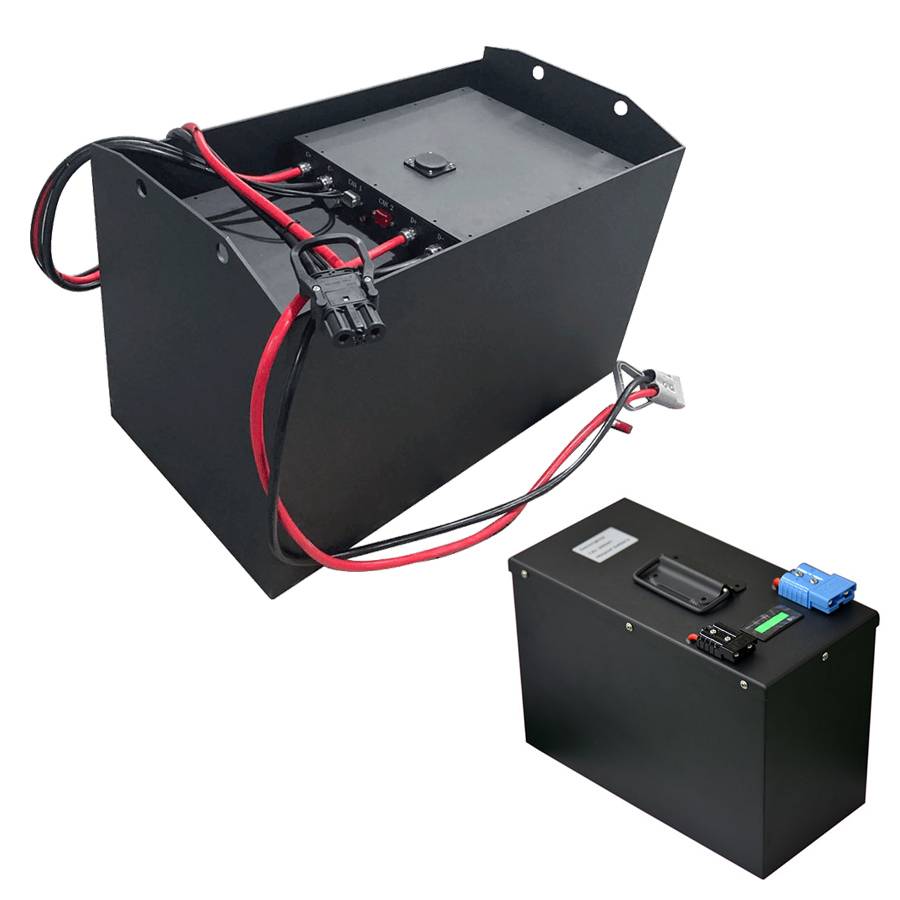- Forklift Lithium Battery
-
48V
- 48V 210Ah
- 48V 300Ah
- 48V 420Ah (949 x 349 x 569 mm)
- 48V 420Ah (950 x 421 x 450 mm)
- 48V 456Ah
- 48V 460Ah (830 x 630 x 590 mm)
- 48V 460Ah (950 x 421 x 450 mm)
- 48V 460Ah (800 x 630 x 600 mm)
- 48V 460Ah (820 x 660 x 470 mm)
- 48V 500Ah
- 48V 560Ah (810 x 630 x 600 mm)
- 48V 560Ah (950 x 592 x 450 mm)
- 48V 600Ah
- 48V 630Ah
-
48V
- Lithium Golf Cart Battery
- 12V Lithium Battery
12V 150Ah Lithium RV Battery
Bluetooth App | BCI Group 31
LiFePO4 Lithium
Discharge Temperature -20°C ~ 65°C
Fast Charger 14.6V 50A
Solar MPPT Charging - 24V Lithium Battery
- 36V Lithium Battery
- 48V Lithium Battery
-
48V LiFePO4 Battery
- 48V 50Ah
- 48V 50Ah (for Golf Carts)
- 48V 60Ah (8D)
- 48V 100Ah (8D)
- 48V 100Ah
- 48V 100Ah (Discharge 100A for Golf Carts)
- 48V 100Ah (Discharge 150A for Golf Carts)
- 48V 100Ah (Discharge 200A for Golf Carts)
- 48V 150Ah (for Golf Carts)
- 48V 160Ah (Discharge 100A for Golf Carts)
- 48V 160Ah (Discharge 160A for Golf Carts)
-
48V LiFePO4 Battery
- 60V Lithium Battery
-
60V LiFePO4 Battery
- 60V 20Ah
- 60V 30Ah
- 60V 50Ah
- 60V 50Ah (Small Size / Side Terminal)
- 60V 100Ah (for Electric Motocycle, Electric Scooter, LSV, AGV)
- 60V 100Ah (for Forklift, AGV, Electric Scooter, Sweeper)
- 60V 150Ah (E-Motocycle / E-Scooter / E-Tricycle / Tour LSV)
- 60V 200Ah (for Forklift, AGV, Electric Scooter, Sweeper)
-
60V LiFePO4 Battery
- 72V~96V Lithium Battery
- Rack-mounted Lithium Battery
- E-Bike Battery
- All-in-One Home-ESS
- Wall-mount Battery ESS
-
Home-ESS Lithium Battery PowerWall
- 24V 100Ah 2.4kWh PW24100-S PowerWall
- 48V 50Ah 2.4kWh PW4850-S PowerWall
- 48V 50Ah 2.56kWh PW5150-S PowerWall
- 48V 100Ah 5.12kWh PW51100-F PowerWall (IP65)
- 48V 100Ah 5.12kWh PW51100-S PowerWall
- 48V 100Ah 5.12kWh PW51100-H PowerWall
- 48V 200Ah 10kWh PW51200-H PowerWall
- 48V 300Ah 15kWh PW51300-H PowerWall
PowerWall 51.2V 100Ah LiFePO4 Lithium Battery
Highly popular in Asia and Eastern Europe.
CE Certification | Home-ESS -
Home-ESS Lithium Battery PowerWall
- Portable Power Stations
We accept OEM, ODM and SKD orders
Industrial Lithium Batteries OEM/ODM Manufacturer
Redway Power
Industrial Lithium Batteries, One-Stop Solution
Redway Power specializes in Industrial Lithium Batteries, rechargeable lithium-ion power solutions tailored for diverse industrial applications. These high-performance batteries, crafted by Redway, offer exceptional energy density, extended lifespan, and reliable performance. Ideal for industrial robots, material handling equipment, sensors, and backup power systems,
Redway Power's Industrial Lithium Batteries ensure a continuous and efficient power supply in demanding environments. The brand's commitment to excellence shines through in batteries that contribute to increased productivity, minimized downtime, and cost-effective energy solutions, reflecting Redway Power's dedication to advancing industrial operations with cutting-edge, reliable, and efficient power solutions.
Redway Power for Batteries OEM/ODM
Best Industrial Lithium Batteries Manufacturer in 2024
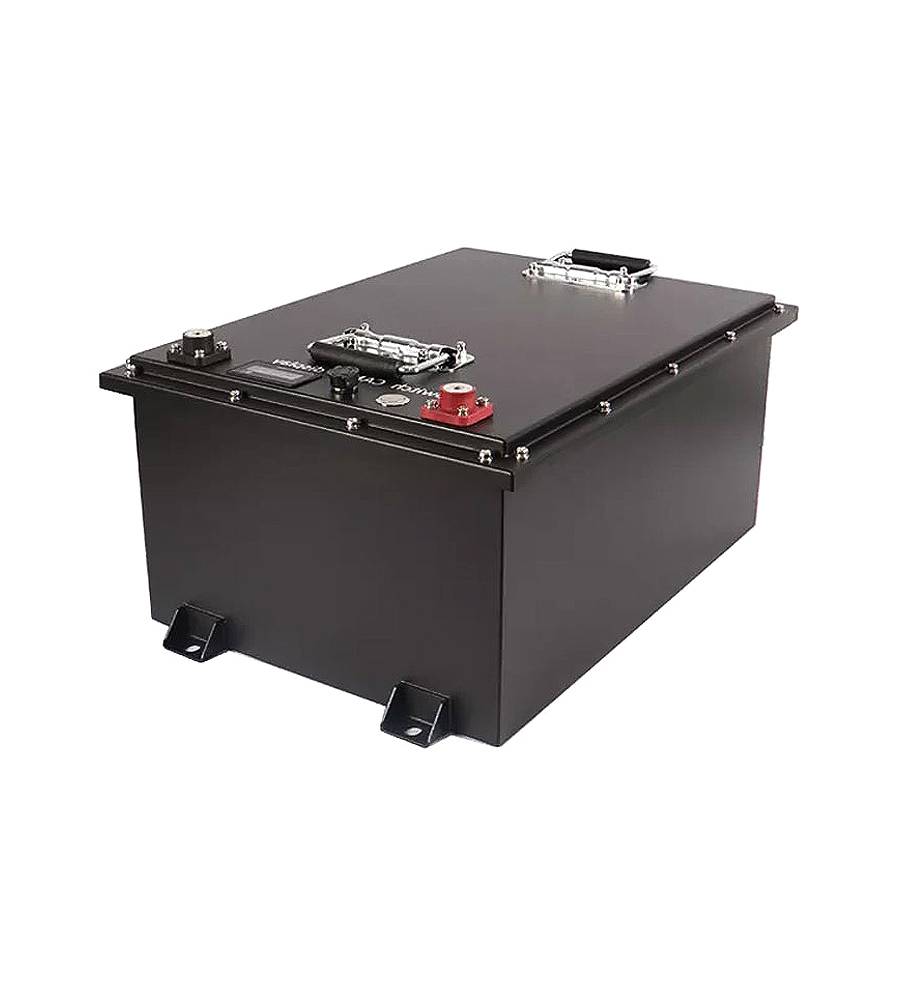
24V 80Ah Floor Cleaning Machine LiFePO4 Battery
LiFePO4 / 25.6V / 80Ah / 2048Wh / 340 x 307 x 227 mm / 20 kg / RS485 / CAN-bus / Max. Charge Current 80A / Max. Discharge Current 80A / IP67
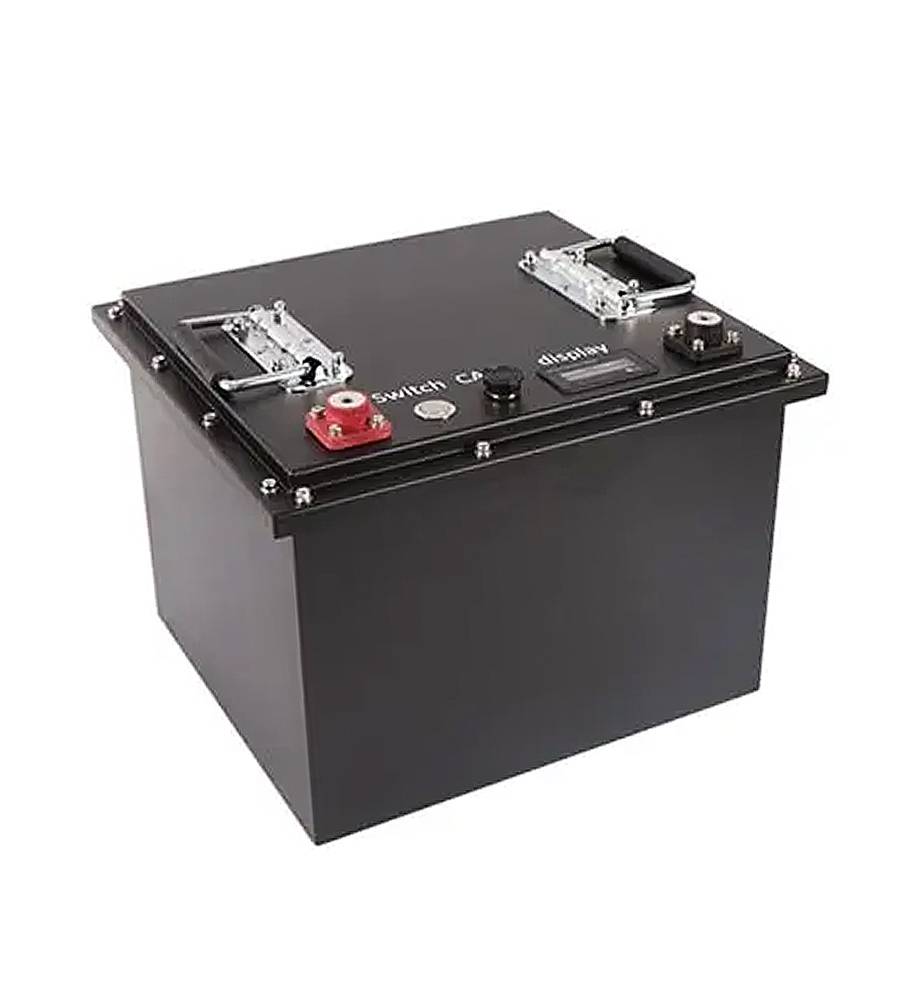
24V 105Ah Floor Cleaning Machine LiFePO4 Battery
LiFePO4 / 25.6V / 105Ah / 2688Wh / 340 x 307 x 275 mm / 23 kg / RS232 / RS485 / CAN-bus / Max. Charge Current 100A / Max. Discharge Current 150A / Peak Discharge Current 300A / IP67
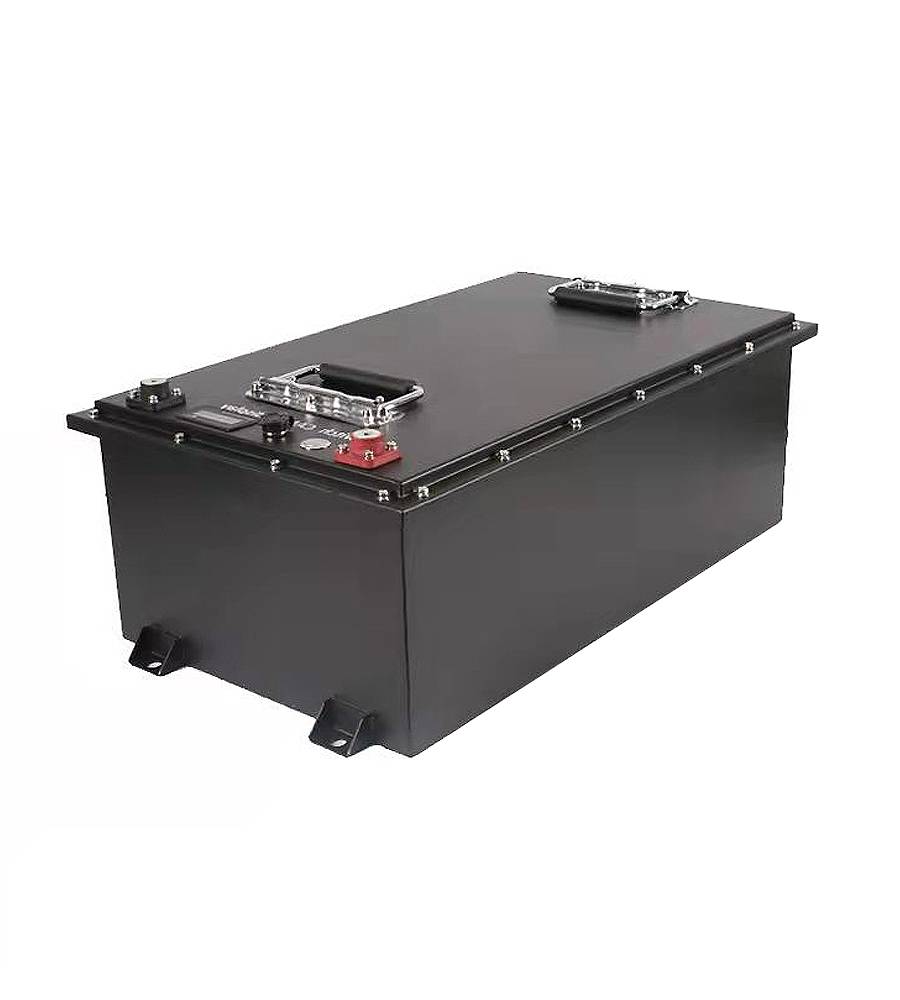
36V 160Ah Floor Cleaning Machine LiFePO4 Battery
LiFePO4 / 38.4V / 160Ah / 6144Wh / 600 x 350 x 226 mm (23.6 x 13.8 x 8.9 inch) / 50 kg (110 lbs) / RS232 / RS485 / CAN-bus / Max. Charge Current 60A / Max. Discharge Current 100A / Peak Discharge Current 200A / IP67
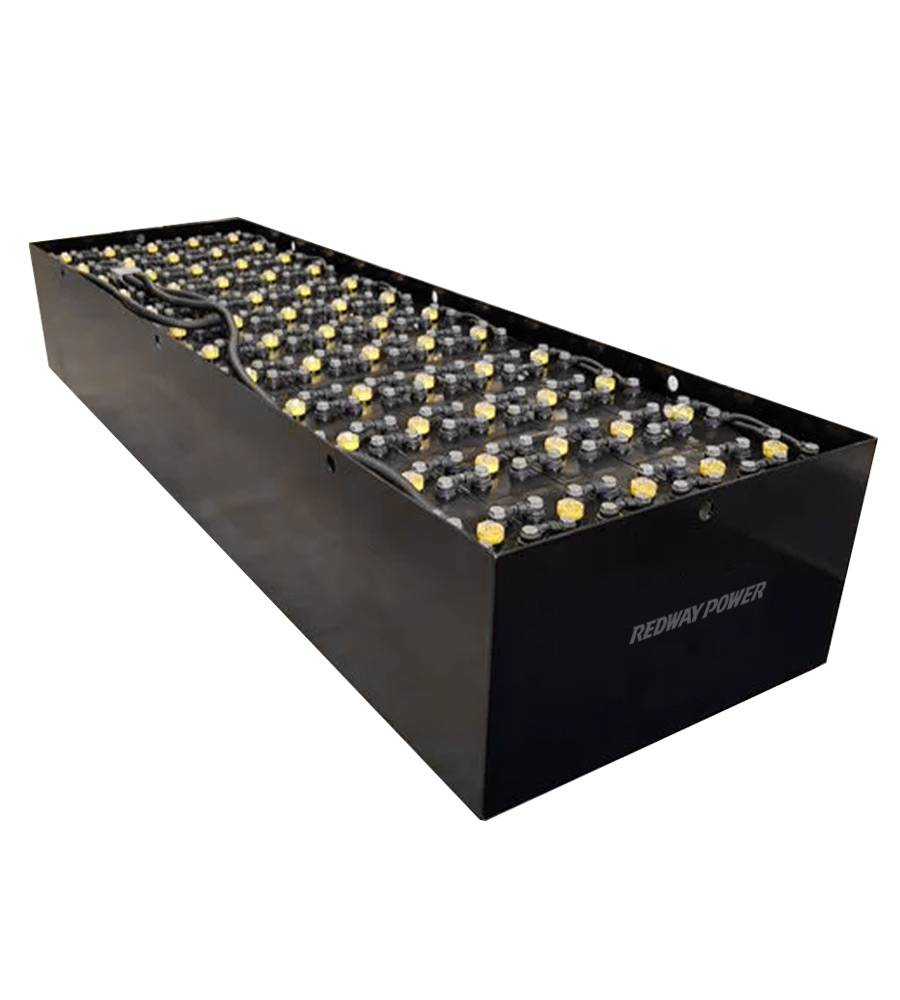
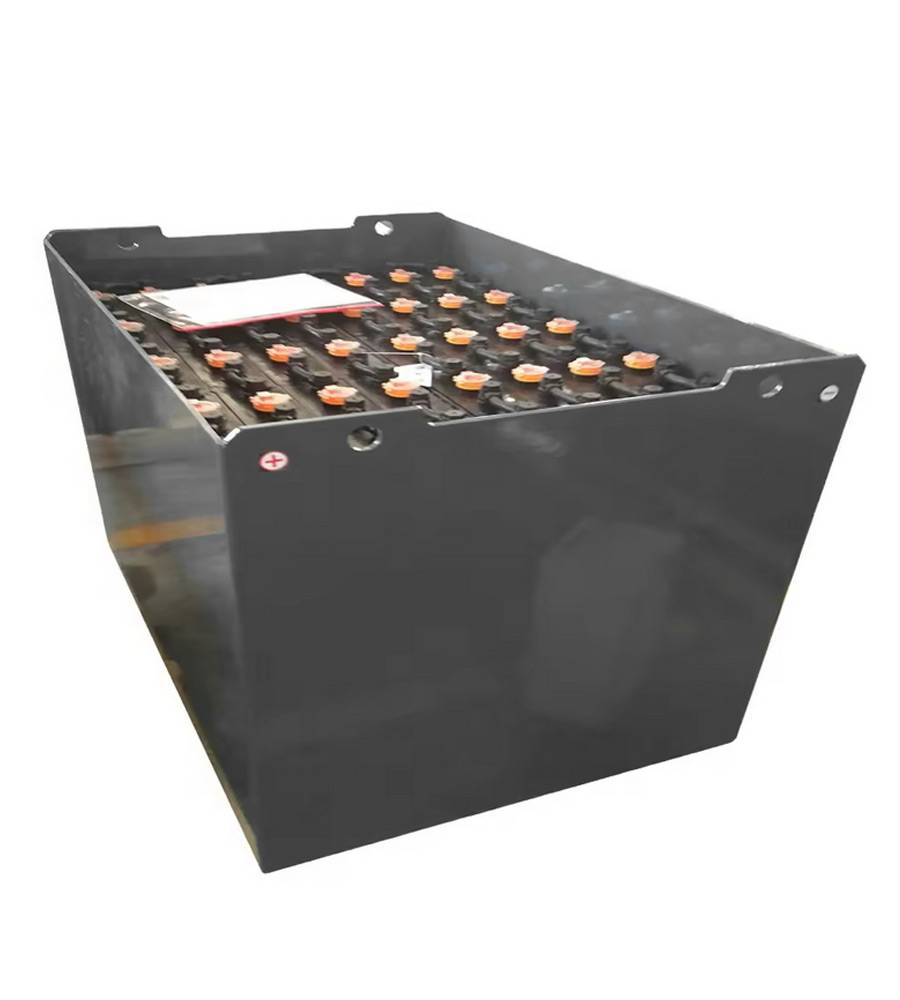
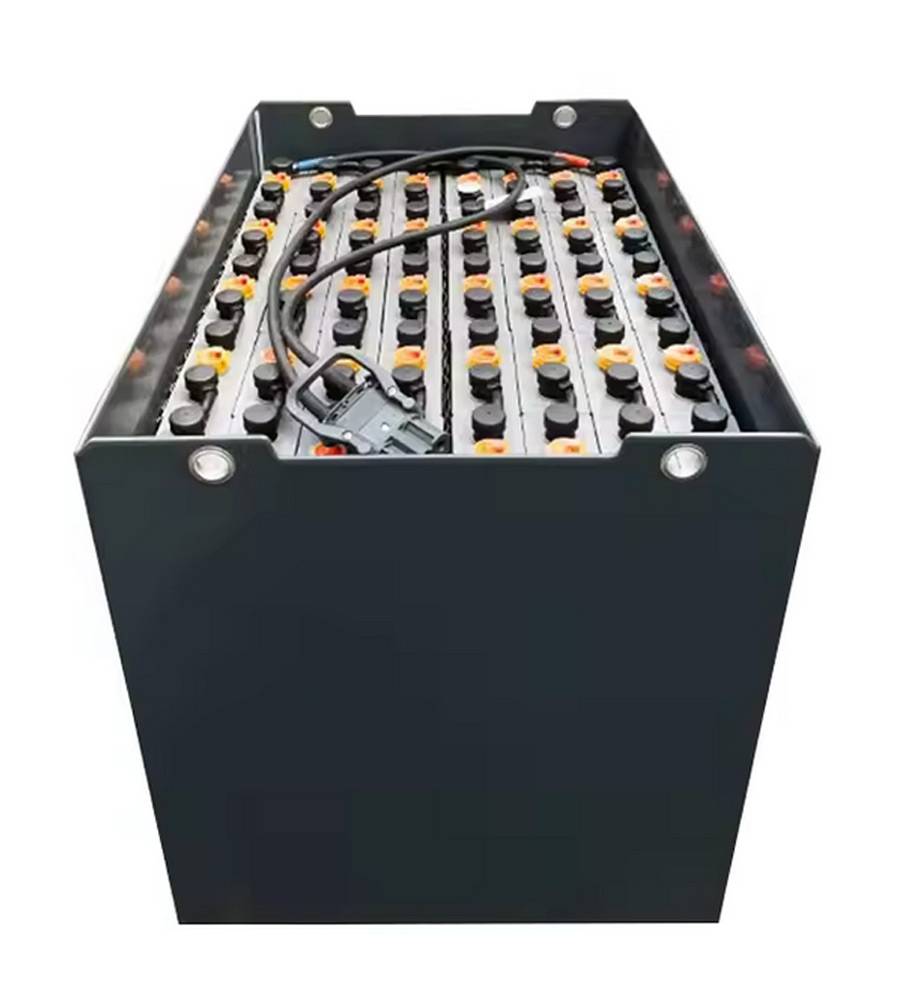
Industrial Lithium Batteries Wholesale
Industrial lithium batteries wholesale involves purchasing lithium batteries in large quantities for cost savings and reliable power supply in industrial applications. Wholesale suppliers offer a wide range of battery sizes and capacities to meet diverse industrial needs. By opting for wholesale purchases, businesses can ensure a cost-effective and efficient power solution for their industrial operations."
What is the wholesale price of lithium battery?
You can click contact us or phone call us. We will give you multiple options of price.
Is Redway Power a trading company or factory?
Redway Power is a company with its own factory, integrating research, development, production, and sales.
How about the quality of Redway's LiFePo4 Battery product?
Redway Power boasts over 12 years of experience in LiFePO4 battery production and is an authorized supplier for CATL and BYD.
Can you do an OEM/ODM project?
Yes, we have engineers available to assist in designing and developing any related products.
What’s your MOQ?
MOQ varies according to battery voltage and capacity.
What payment terms can we accept?
We accept TT/Paypal/West Union, etc.
Industrial Lithium Batteries Knowledge
Industrial lithium batteries are specifically designed for heavy-duty applications, providing reliable power density and long-lasting performance. These batteries are essential for powering industrial equipment and machinery in remote and isolated areas. With their ability to withstand harsh environments and long cycle life, industrial lithium batteries are a reliable choice for various industrial needs. They offer reliable power density, long cycle life, resistance to harsh environments, fast charging capabilities, and can operate effectively in a wide range of temperatures.
How do lithium batteries perform in extreme temperatures?
Lithium batteries are known for their impressive performance in extreme temperatures, making them ideal for industrial applications that face challenging environmental conditions. Unlike lead-acid batteries that struggle in extreme heat or cold, lithium batteries maintain consistent efficiency and reliability even when the temperature fluctuates drastically.
In high-temperature environments, lithium batteries excel by delivering stable power output without overheating or losing capacity. This ensures uninterrupted operation of industrial equipment, boosting productivity and minimizing downtime.
On the other hand, in freezing temperatures, lithium batteries continue to perform reliably while lead-acid batteries may experience reduced efficiency and potential damage due to freezing electrolytes. This resilience makes lithium batteries a preferred choice for industries operating in harsh climates or exposed outdoor settings.
The ability of lithium batteries to withstand extreme temperatures sets them apart as a superior energy storage solution for demanding industrial environments.
How are lithium batteries lightweight compared to lead-acid batteries?
Lithium batteries are revolutionizing the industrial world with their lightweight design, making them a superior choice compared to lead-acid batteries. The secret lies in the composition of lithium batteries, utilizing lightweight materials that enhance portability and efficiency.
Lead-acid batteries, on the other hand, are known for their bulkiness and heaviness due to the use of lead plates and acid electrolytes. This weight difference is significant when it comes to transporting or installing these power sources in industrial equipment.
The reduced weight of lithium batteries not only makes handling easier but also contributes to increased energy density. This means more power can be packed into a smaller space, optimizing performance without compromising on size or weight limitations.
For industrial applications where mobility and compactness are essential factors, lithium batteries stand out as the ideal solution. Their lightweight nature offers flexibility and versatility in powering various equipment efficiently.
How does the maintenance of lithium batteries compare to lead-acid batteries?
Maintaining lithium batteries is a breeze compared to lead-acid ones. With lithium batteries, there’s no need for regular watering or equalizing charges like with lead-acid batteries. This means less time spent on maintenance tasks and more uptime for your industrial equipment.
Additionally, lithium batteries have a longer lifespan than lead-acid batteries, reducing the frequency of replacements and overall maintenance costs. They also don’t require specific charging protocols to prevent sulfation, making them more user-friendly in the long run.
Furthermore, lithium batteries are lightweight and compact, making them easier to handle during installation and replacement. Their low self-discharge rate also means they can sit idle for longer periods without losing significant charge.
Choosing lithium batteries for your industrial applications can streamline your maintenance routine and improve operational efficiency in the long term.
What is the lifespan of lithium iron phosphate batteries compared to lead-acid batteries?
When it comes to the lifespan of lithium iron phosphate batteries versus lead-acid batteries, there is a notable difference. Lithium iron phosphate batteries have a much longer lifespan compared to lead-acid batteries. This means that they can endure more charge cycles over time without significant degradation.
The advanced chemistry of lithium iron phosphate batteries allows them to maintain their capacity and performance for an extended period, making them a reliable choice for industrial applications where longevity is crucial. On the other hand, lead-acid batteries tend to degrade faster and require more frequent replacements, adding to operational costs.
In industrial settings where equipment reliability is paramount, opting for lithium iron phosphate batteries can result in reduced downtime and maintenance costs in the long run. Their durability and consistency make them ideal for powering heavy-duty machinery efficiently and effectively.
Choosing lithium iron phosphate batteries over lead-acid counterparts can offer substantial benefits in terms of longevity and performance, ensuring continuous operation without compromising on power output or efficiency.
What are the benefits of lithium batteries over lead-acid batteries in industrial applications?
When it comes to industrial applications, lithium batteries offer a range of benefits over traditional lead-acid batteries. Lithium batteries are significantly lighter in weight, making them ideal for equipment that requires portability and ease of handling. This lightweight nature also contributes to higher energy density, allowing for more power storage in a smaller space.
Moreover, lithium batteries have a longer lifespan compared to lead-acid batteries. This means less frequent replacements and maintenance, ultimately leading to cost savings in the long run. Additionally, lithium batteries are known for their high efficiency and fast charging capabilities, ensuring minimal downtime for industrial operations.
Furthermore, lithium batteries perform exceptionally well in extreme temperatures without compromising performance or longevity. This reliability is crucial in demanding industrial environments where consistent power supply is essential for operations to run smoothly.
How can lithium batteries improve industrial equipment?
Lithium batteries have revolutionized the industrial equipment sector with their lightweight and high energy density properties. This means that industrial machinery can operate more efficiently and for longer periods without the need for frequent recharging or battery replacements.
The fast charging capabilities of lithium batteries also play a significant role in improving downtime efficiency within industrial settings. Equipment can be quickly recharged during breaks, minimizing disruption to workflow processes.
Moreover, lithium batteries are known for their durability and long lifespan compared to traditional lead-acid batteries. This translates into reduced maintenance costs and less frequent replacements, ultimately leading to cost savings for businesses utilizing industrial equipment powered by lithium batteries.
In addition, the compact size of lithium batteries allows for more flexible integration into various types of industrial equipment, optimizing space utilization while still delivering reliable power output.
Why should Dragonfly Energy be chosen for powering industrial equipment with lithium batteries?
Dragonfly Energy should be the top choice for powering industrial equipment with lithium batteries due to their expertise and commitment to quality. Their OEM/ODM manufacturing capabilities ensure that each lithium battery is tailored to meet specific industrial needs, providing optimal performance and reliability. With Dragonfly Energy, industrial applications can benefit from the lightweight, long-lasting, and maintenance-free advantages of lithium batteries. Trust in Dragonfly Energy to elevate your industrial equipment’s power source and efficiency.
How long do industrial lithium batteries last?
Industrial lithium batteries typically have a minimum lifespan of around 5 years or at least 2,000 charging cycles. With proper care and usage, they can last up to 3,000 cycles. Factors such as usage patterns, charging practices, and operating conditions can impact the lifespan of industrial lithium batteries.
- Minimum Lifespan: Industrial lithium batteries typically have a minimum lifespan of around 5 years or at least 2,000 charging cycles.
- Maximum Lifespan: With proper care and usage, industrial lithium batteries can last up to 3,000 cycles.
- Influencing Factors: Factors such as usage patterns, charging practices, and operating conditions can impact the lifespan of industrial lithium batteries.
The lifespan of industrial lithium batteries ranges from around 5 years or at least 2,000 charging cycles to up to 3,000 cycles with proper care and usage. Understanding the factors that influence battery lifespan helps in maximizing the longevity of industrial lithium batteries, ensuring reliable and efficient power supply in various applications.
What is the difference between industrial and lithium batteries?
Industrial batteries are specifically designed for heavy-duty use in industrial equipment and machinery, while lithium batteries refer to a specific type of rechargeable battery that utilizes lithium as one of its active components. Lithium batteries are commonly used in portable electronic devices and electric vehicles, offering high energy density and longer lifespan compared to traditional batteries.
- Industrial Batteries: Industrial batteries are designed for heavy-duty use in industrial equipment and machinery, providing reliable power for extended periods.
- Lithium Batteries: Lithium batteries are a specific type of rechargeable battery that utilizes lithium as one of its active components. They are commonly used in portable electronic devices and electric vehicles for their high energy density and longer lifespan.
- Distinct Applications: Industrial batteries are tailored for industrial equipment, while lithium batteries find extensive use in portable electronics and electric vehicles.
Industrial batteries and lithium batteries have different applications and characteristics. Industrial batteries are designed for heavy-duty industrial equipment, while lithium batteries are commonly used in portable electronics and electric vehicles for their high energy density and longer lifespan. Understanding the difference helps in selecting the appropriate battery for specific needs.
Can you use industrial batteries in anything?
Industrial batteries find extensive use in various industrial devices. They are commonly employed in applications such as forklifts, vehicles, and electric drills. With features like high rate discharge and high/low-temperature resistance, industrial batteries are specifically designed to meet the rigorous demands of industrial environments.
- Industrial Devices: Industrial batteries are commonly used in devices such as forklifts, vehicles, and electric drills in industrial settings.
- High Rate Discharge: These batteries are designed to deliver high-rate discharge, providing the necessary power for demanding industrial applications.
- High/Low-Temperature Resistance: Industrial batteries exhibit high/low-temperature resistance, enabling them to perform reliably in extreme temperature conditions.
Industrial batteries are essential power sources for a range of industrial devices. They are used in applications such as forklifts, vehicles, and electric drills, providing high-rate discharge and temperature resistance. The use of industrial batteries ensures reliable power supply in demanding industrial environments, supporting efficient and effective operations.
What is industrial lithium used for?
Industrial lithium finds extensive use in various applications. It is primarily used in the production of lithium-ion batteries, which power devices like smartphones and electric vehicles. Additionally, industrial lithium is utilized in the manufacturing of ceramics, glass, lubricants, and pharmaceuticals, highlighting its versatility and importance in various industries.
- Lithium-Ion Batteries: Industrial lithium is a key component in the production of lithium-ion batteries, which are widely used in smartphones, electric vehicles, and energy storage systems.
- Manufacturing Applications: Industrial lithium is utilized in the manufacturing of ceramics, glass, lubricants, and pharmaceuticals, showcasing its versatility and importance in various industries.
- Powering Modern Devices: The use of industrial lithium in lithium-ion batteries enables the efficient and reliable operation of modern devices, contributing to advancements in technology.
Industrial lithium plays a crucial role in powering modern devices through its use in lithium-ion batteries. Additionally, its applications in manufacturing processes such as ceramics, glass, lubricants, and pharmaceuticals demonstrate its versatility and significance in various industries. The utilization of industrial lithium supports technological advancements and enhances the performance of a wide range of products.
What devices use a CR2 battery?
CR2 batteries are commonly used to power devices such as alarm system motion detectors, flashlights, cameras, monitors, computer memory, toys, games, and LED lights. These batteries provide reliable power for a wide range of devices.
- Alarm System Motion Detectors: CR2 batteries are commonly used in alarm system motion detectors for reliable power supply.
- Flashlights and Cameras: Many flashlights and cameras are designed to be powered by CR2 batteries for optimal performance.
- Monitors, Computer Memory, Toys, and Games: CR2 batteries are suitable for powering devices such as monitors, computer memory, toys, and games, ensuring consistent and efficient operation.
CR2 batteries are versatile power sources used in a range of devices. From alarm system motion detectors to flashlights, cameras, monitors, computer memory, toys, and games, CR2 batteries provide reliable power for various applications. Choose CR2 batteries for long-lasting performance and dependable power supply in your devices.
What is the 30 80 rule for battery life?
The 30 80 rule for battery life suggests keeping the battery charge between 30% and 80% to optimize battery lifespan. By avoiding extreme charge levels, such as full discharge or constant full charge, you can reduce stress on the battery and potentially extend its overall lifespan.
- The 30 80 Rule: The rule suggests maintaining the battery charge between 30% and 80%.
- Optimize Battery Lifespan: By avoiding extreme charge levels, such as fully discharging or constantly keeping the battery at full charge, you can reduce stress on the battery and potentially extend its overall lifespan.
- Balance Charge Levels: Keeping the battery charge within the recommended range helps optimize battery performance and ensures a longer lifespan.
Following the 30 80 rule for battery life, which suggests maintaining the battery charge between 30% and 80%, can help optimize battery performance and extend its overall lifespan. By avoiding extreme charge levels, you can reduce stress on the battery and ensure optimal battery health for long-term usage.
What kind of battery goes into a carbon monoxide detector?
The battery type required for a carbon monoxide detector can vary depending on the model and brand. Common battery types include 9-volt batteries, as well as AA or AAA batteries. To determine the specific battery type needed for your carbon monoxide detector, refer to the manufacturer’s instructions or the documentation provided with the detector.
- 9-Volt Batteries: Many carbon monoxide detectors utilize 9-volt batteries for power.
- AA or AAA Batteries: Some carbon monoxide detectors may require AA or AAA batteries.
- Manufacturer’s Instructions: To determine the appropriate battery type for your carbon monoxide detector, refer to the manufacturer’s instructions or the documentation provided with the detector.
To ensure reliable operation, it is important to use the correct battery type in your carbon monoxide detector. Common battery types include 9-volt batteries, as well as AA or AAA batteries. Always consult the manufacturer’s instructions or the documentation provided with the detector to determine the appropriate battery type for your specific model.
Inquiry Now














